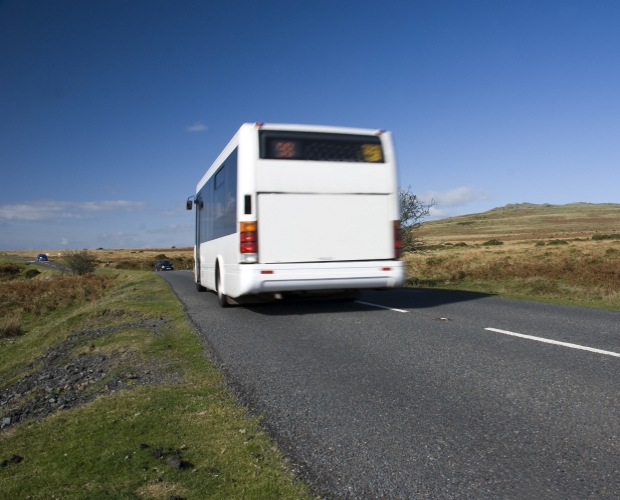T: 01822 851370 E: [email protected]
Visit RSN Survey about life in rural England to find out more.
In the face of a widening gap between rural and urban public transport services, England's rural communities are grappling with a bus provision crisis that underscores a growing divide in accessibility, mobility, and social cohesion. Analysis by the Channel 4...
Funding for supported buses has been halved in the last eight years, leaving many parts of England and Wales without public transport, according to a new report released by the Campaign for Better Transport. The Buses in Crisis report reveals that...
The Rural Services Network calls upon an incoming Government to: Encourage and incentivise bus operators, local authorities and communities to work in partnership, so they can find local solutions that reduce the frontline impact on services that are a...
NEWSLETTER
Sign up to receive all our latest news and updates.
HOT TOPICS
Amid reduced public spending, fair resource allocation across regions is crucial. Despite a population larger than Greater London, rural areas receive significantly less funding for essential services, even though delivering these services in rural areas is more expensive.
Economic growth is widely acknowledged as essential for national wealth and prosperity and is a priority for political parties. Rural economies, employing millions and home to a higher proportion of small businesses, have potential for growth if barriers are removed.
Rural residents face distinct healthcare challenges, including limited access to transport, longer distances to medical facilities, an aging demographic, housing inadequacies, digital connectivity gaps, and difficulties recruiting health and care workers.
Rural communities are grappling with a severe affordable housing crisis, marked by high house prices, a lack of affordable housing, elevated living costs, and lower incomes, threatening their sustainability and vitality.
Transport is vital for the quality of life and economic health of rural areas, yet it faces challenges such as infrequent public bus services and less Government funding compared to urban regions.
Rural areas, encompassing a substantial portion of England's population and land, play a pivotal role in combating climate change and achieving the net zero target.
In an increasingly digital world, the lack of robust digital infrastructure in rural areas severely limits access to crucial services and stifles economic growth.
A future-focused vision for rural communities involves not just building the right homes in the right places but also ensuring thriving, sustainable communities.
SIGN UP TO OUR NEWSLETTER
Sign up to our newsletter to receive all the latest news and updates.






